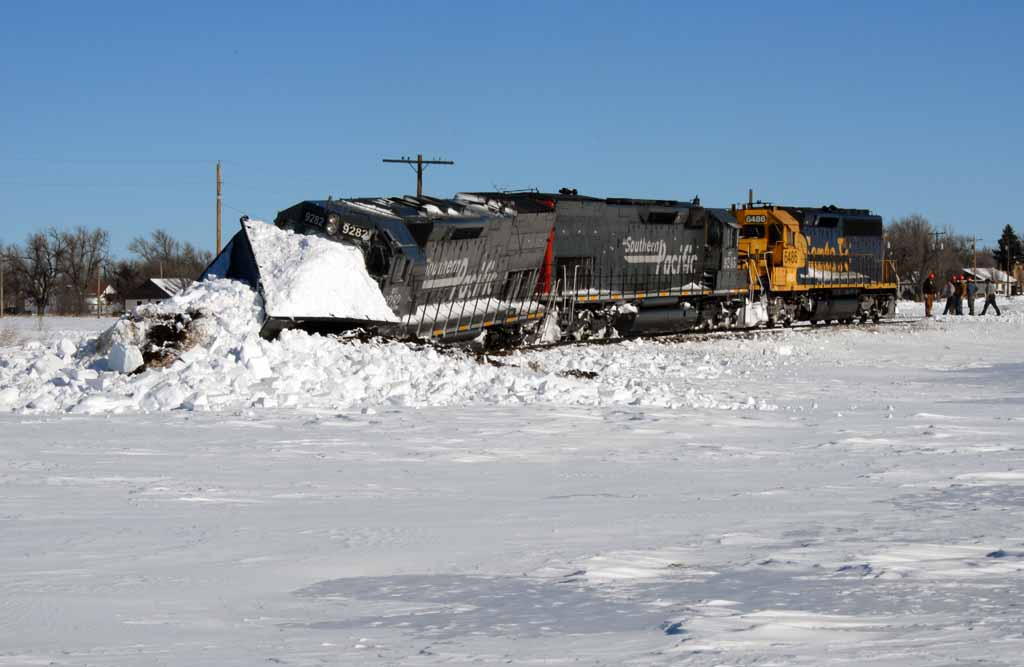by roee
MNRR_RTC wrote:There also switch heaters built into every interlocking. When it starts to snow, I will contact the signal maintainers to see if we need to turn on the heaters. Once the maintainer gives me the go-ahead, I then call the Power Supervisor who turns them on via remote. What I like to do in heavy snow storms is run trains on as straight rail as I possibly can without crossing over to many times at too many interlockings. This avoids switch failures which will cause delays. Once it stops snowing, the maintainers will go out to clean out the switch points and I will then throw each switch to make sure they are working properly and not fail.That seems like a lot of work involved to turn on some switch heaters. I know out west the Class I's the dispatcher has the ability to turn on the switch heaters from their dispatcher consoles. The only requirement is that if they are propane, they gas must be turned on, which it is all winter long. I have heard of instances of dispatchers turning on the heaters in the middle of the summer and making quite a mess.
Are the Switch Heaters on MNCR all electric? Also, I would think throwing the switches during the night while the heaters are running would allow for better snow melt, and reduce the ice buildup. Snow doesn't tend to derail trains, it ice buildup that'll lift the flange out of the gauge.
Eric
KE5BAX
Obligatory Simpson’s reference:
I'm Double Bacon Genius Burger
KE5BAX
Obligatory Simpson’s reference:
I'm Double Bacon Genius Burger
